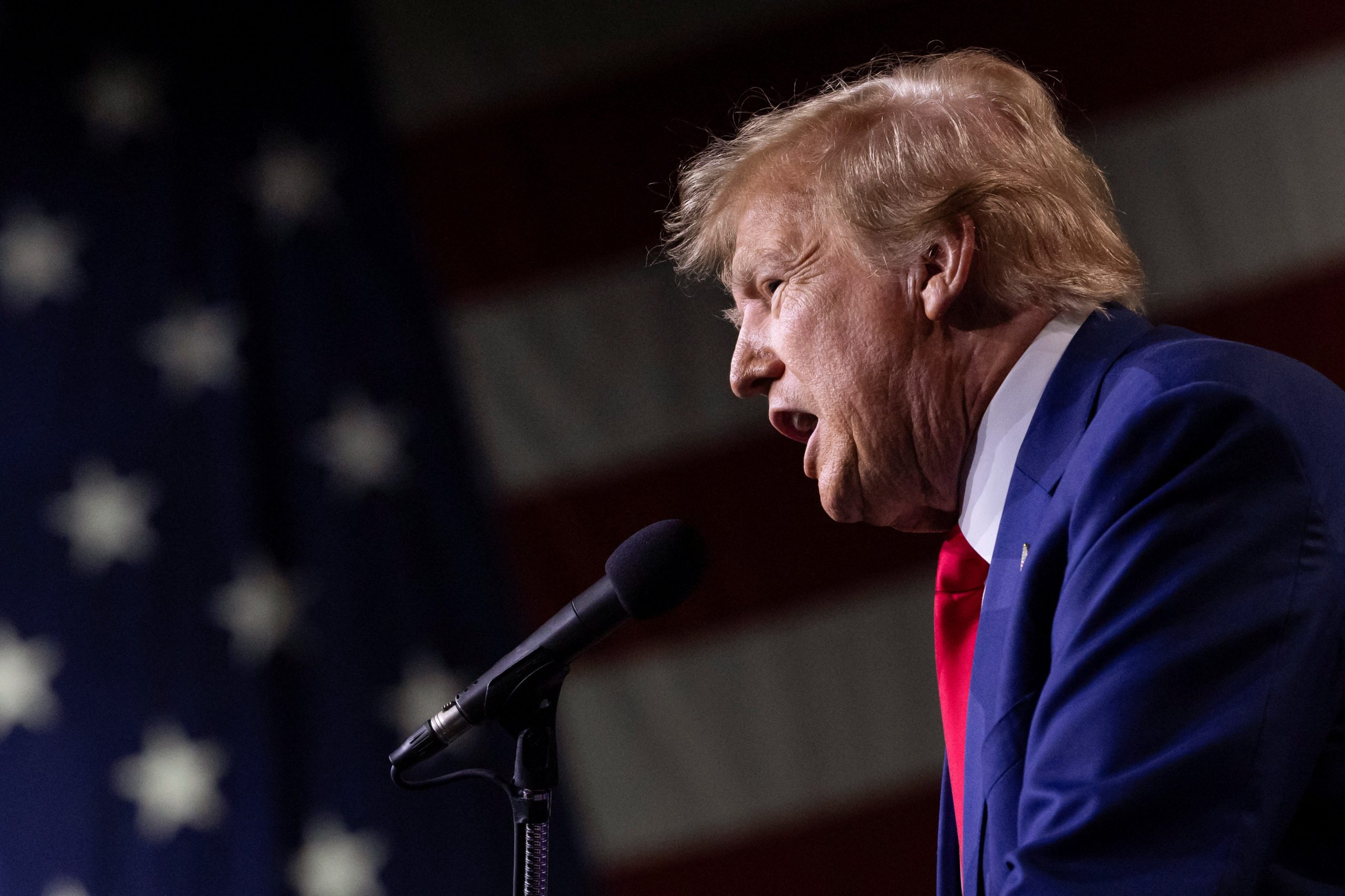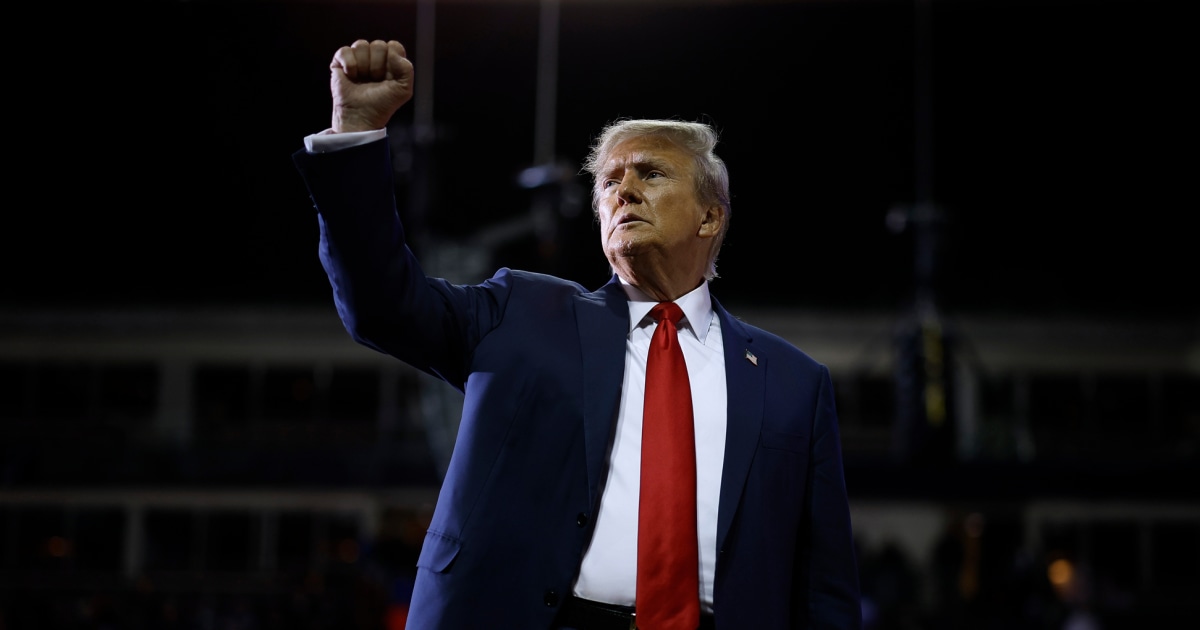In the early days of his presidency in 2017, Donald Trump, seated in the Oval Office, found himself surrounded by fresh aides who had previously worked for prominent Republicans, including his fierce rival from the primaries, Sen. Ted Cruz of Texas.
Concerned that these new aides might not prioritize his presidency, Trump sought assurances of their loyalty, conducting a kind of interrogation, as recounted by a source present at the time.
Despite his emphasis on loyalty throughout his first term, Trump often felt let down when his hires prioritized other interests over his directives, whether it was their personal reputations, future aspirations, or even constitutional principles.

Trump (Credits: Reuters)
In one meeting during his third year in office, Trump, alongside his third defense secretary, Mark Esper, lamented the recurring issue of appointing individuals who weren’t sufficiently loyal.
This dissatisfaction extended to key officials like Attorney General Jeff Sessions, who allowed the appointment of special counsel Robert Mueller for the Russia probe, and Attorney General William Barr, who declined to invalidate the 2020 election. Even Vice President Mike Pence’s refusal to reject electors left Trump feeling betrayed.
Esper himself would eventually face dismissal after clashing with Trump on various matters.
Now, as Trump mulls over a potential second term, his fixation on loyalty seems to intensify. Some who have observed Trump closely believe it will be the primary criterion for prospective appointees if he secures reelection.
Trump has frequently underscored the importance of loyalty in his public statements. During a rally before the Iowa caucuses, he singled out former allies turned competitors like Florida Gov. Ron DeSantis and former U.N. Ambassador Nikki Haley while highlighting his endorsement from North Dakota Governor Doug Burgum.
The success of a second Trump term, according to top appointees from his first term, hinges on assembling a team committed to his agenda. However, without dedicated allies in key positions, aspirations to overhaul the federal bureaucracy and implement significant policy changes could falter.
Conservatives are already preparing for a potential second term, organizing initiatives like the “presidential appointee boot camp” to equip loyalists with the tools to implement Trump’s agenda effectively.
Despite efforts to rein in outside groups shaping potential next-term agendas, concerns persist about individuals who may undermine Trump’s objectives from within.
The emphasis on loyalty has permeated the Republican Party, with dissent stifled and critics fearing a suppression of questioning.
While some argue that Trump prioritizes loyalty above all else, others contend that he also values talent and is open to reconciliation with those he once viewed as disloyal.
As Trump solidifies his position in the Republican primary campaign, displays of loyalty become more pronounced, reinforcing his grip on the party and underscoring the consequences of dissent.























